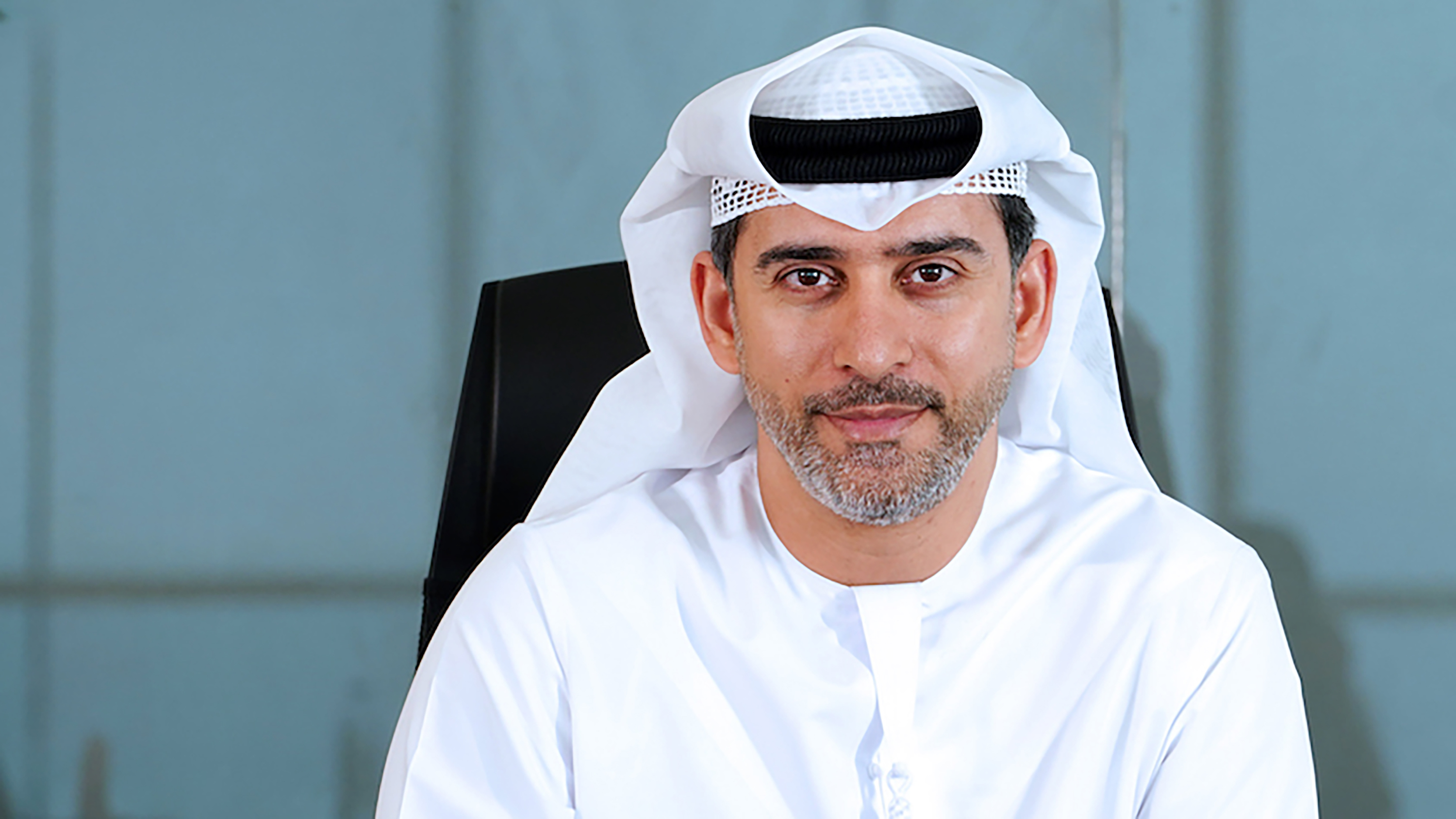
Ibrahim Sultan Al Haddad, CEO, Salik
In its first foray into the market, the sole operator of Dubai’s automated road toll collection system saw its retail tranche 190 times oversubscribed. Shanny Basar reports.
Salik is Arabic for ‘open’, and is an appropriate name for the sole operator of Dubai’s automated road toll collection system, which allows vehicles to travel freely without having to stop and make manual payments at a toll booth, barrier or physical gate. On September 29, 2022, Salik Company PJSC went public on the Dubai Financial Market (DFM), raising Dh3.7bn ($1bn) as part of the country’s privatisation programme.
The toll road operator was launched in 2007 but had previously been part of the Roads and Transport Authority (RTA). Preparations for the initial public offering (IPO) began in October 2021 and part of the process involved carving out Salik as a standalone business with the passing of legislation to establish a public joint stock company.
Ibrahim Sultan Al Haddad, CEO of Salik, says: The banking syndicate was chosen for its roles based on a competitive tender process, based on its experience in previous transactions, which played a large part in the high demand.”
Salik initially announced an intention to float one-fifth of its total issued share and the offer size increased to 24.9% due to investor demand. Gross demand for the IPO was in excess of $50bn, representing an oversubscription of 49 times across all tranches of the transaction, and consisted of a public offering in the UAE and a private placement to overseas institutional investors.
As a result, Mr Al Haddad says, Moelis was selected as independent financial advisor due to its international capabilities and previous experience advising on high-profile transactions, while Emirates NBD Capital was a natural choice as financial advisor, given its expertise in Dubai’s capital markets and infrastructure. Emirates NBD Capital was also joint global coordinator and joint bookrunner alongside Goldman Sachs and Merrill Lynch. Citigroup, EFG Hermes UAE and HSBC were joint bookrunners.
Emirates NBD Bank also confirmed that, in its view, the IPO was sharia-compliant.
Mr Al Haddad describes the roadshow process as “intense”, as the company spoke to hundreds of local, regional and international investors — many of whom it met more than once. “The feedback we received was highly positive, specifically around the business model, which is underpinned by an enabling regulatory framework and a 49-year concession agreement with the RTA,” he adds.
The retail tranche was 190 times oversubscribed, reaching $35bn, which he says is very important as half of overall trading on the DFM consists of retail investors. Therefore, the distribution between retail and long-term investors was extremely important during the allocation process for the performance of the share price and to ensure liquidity for the company which had a market capitalisation of Dh15bn at listing.
In November, Salik reported interim financial results for the three- and nine-month periods ending September 30, 2022, the first following its IPO. Revenue increased 9.1% year on year to Dh445m, which it said reflected positive economic activity and growth in traffic.
The total number of trips made through the company’s eight toll gates increased 15% year on year in the first nine months of 2022 to 395 million, which was driven by rapid recovery from the impact of the Covid-19 pandemic, as well as the positive growth resulting from Expo 2020, according to the company. Salik expects traffic performance to return to pre-pandemic peak levels recorded in 2019 by the first half of this year.
Growth plans include the possible expansion of Salik’s technology. Through a tag attached to the windshield, the company’s scanning technology automatically identifies the vehicle as it drives through the toll gate and deducts payment from a prepaid account.
“Our technology can certainly be used outside Dubai. One of the benefits of being a standalone business is that we have the flexibility to explore new opportunities,” says Mr Al Haddad.
Despite global macroeconomic conditions, rising interest rates and inflation, Mr Al Haddad remains very optimistic about Salik’s future growth prospects, which he explains is underpinned by three main pillars. The first pillar is organic growth driven by the increase in population and tourism supported by Dubai’s robust macro fundamentals. He argues that Salik is well positioned to capture the additional traffic demand as the exclusive operator of the toll gates.
The second pillar is additional gates. Salik also has the ability to suggest changes in the tariff, subject to approval from the RTA and the Dubai Executive Council. The third pillar is additional commercial revenue opportunities from providing consultancy services to other cities looking to either implement tolls or to enhance their current operation, as well as revenue from advertising and data monetisation.
Salik is part of a larger privatisation programme of 10 state-owned companies that was announced by Sheikh Maktoum bin Mohammed bin Rashid Al Maktoum in 2021. “The government’s mission is to enhance the DFM, making it a natural choice for our listing destination,” Mr Al Haddad says. “We currently do not plan to list internationally.”


